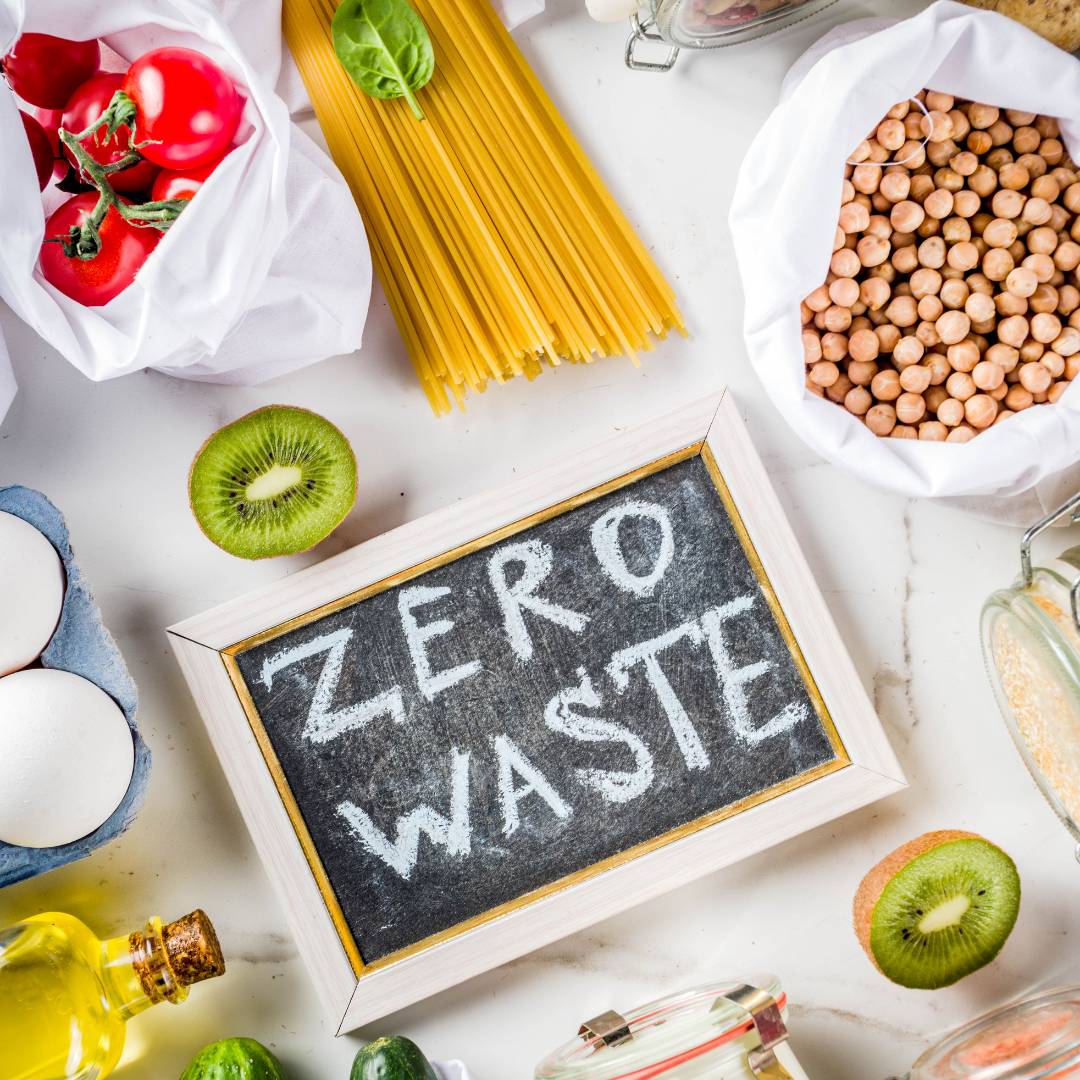Food waste is a global problem that has serious environmental and economic implications. Wasted food leads to a number of negative outcomes, including a significant amount of greenhouse gas emissions, land degradation, and resource depletion. With the world population expected to reach 9 billion by 2050, the question of food waste is increasingly urgent.
New technology and practices will be needed to ensure that food is made more accessible to the poorest while also preserving the environment and minimizing food waste. As the amount of food wasted increases, many are becoming more concerned about the environmental impact it has on the world.It causes a lot of waste which has to be disposed of, it takes up space which could be used for growing food, and it takes resources from the people who need them to produce food.
You can always start small if you want to make a change immediately. You can think of the multiple ways you can save food, starting with your kitchen. Then you might want to try showing the positives of conserving food and its waste to your family and friends. Tell them about how this will be beneficial for them, the future generation, and the world.
There are various things that you could do to decrease food waste. With a little tweaking to your daily kitchen routine, you can help make the world better and greener. For example, the peels do not need to go into the bin. They can be saved and stored in the freezer to make vegetable stock later or become fertilizers for your plants. Or, you could make use of masticating juicers to optimize the use of the produce without any wastage.
Below are some more ways to reduce food waste:
- Buy only what you need
Given how much food we’re all throwing away, the impact of our overconsumption is probably greater than we realize. We are wasting $165 billion on food every single year, according to a report by the USDA. That’s about 20% of the total food production, and even more when the economic and environmental impacts are taken into account.
There is no denying that when you have a large family, it can be easy to go through a lot of food. If you’re not careful, you can quickly end up with a whole lot of excess food in the refrigerator. In an attempt to combat this, many people have started to buy only what they need to avoid wasting.
This has lead to new ideas on how to feed your family, such as the “Buy only what you need” Campaign. This campaign promotes buying only what you need instead of buying in bulk. This is the idea that it is better to buy just what you need rather than buying too much, which can easily go to waste.
- Store food wisely
There is no doubt about it. With the amount of food being produced and thrown away in America, we waste too much of it. When you have so much food produced that it goes to waste, it’s a waste of our natural resources and money. The good news is there is an easy solution to this problem.
Store your food wisely and intelligently. Food waste comes in many forms, but one of the most common comes from the sale of foods that are nearing expiration. Many of these items are perfectly edible, and many are perfectly safe to eat, but their presence in the trash can cause serious environmental damage. With food costing more than ever and the majority of our food going to waste, it is our responsibility to ensure that as much as possible is used.
- Eat more pulses and veggies
Each year, around the world, over one billion tons of food is wasted. That is a staggering number. We should all be able to agree that we should not throw away food that can be rescued and eaten instead. Pulses and veggies are a great combination of high-protein and high-fiber.
They are tasty, versatile, and can be cooked in different ways. They are cheap and can be grown on a small scale in the home garden. To make the most of pulses and veggies, we will explore the varieties of pulses and veggies, how to pick, cook and store them. There will also be recipes for dishes that can be made with pulses and veggies.
- Sharing is caring
Not all food is equal. In fact, before it’s even edible, the food we put on our plates may have already been treated with harmful chemicals, traveled long distances, or been refrigerated in ways that can make it unsatisfying to eat. Food waste can be a huge problem for the environment and for our waistlines. But there are ways to combat it.
Food waste is a serious problem and one that everyone can contribute to. Food waste is defined as discarded edible food that, because of a lack of resources, is uneaten, wasted, or otherwise lost from the human system. We are making additional efforts to reduce food waste and are asking for your help!
Food waste is an environmental issue that is becoming more and more of an issue with each passing day. In the UK alone, the value of wasted food is estimated to be around 19 billion per year. If we could just stop wasting food and employ some of the best ways to reduce food waste, we could help to prevent environmental damage, inconvenience, and wasted food.

